Flavonoids and Cancer: The #1 Reason You Should Use “Vitamin P” to Help Fight Cancer in Your Body
Flavonoids and Cancer: The #1 Reason You Should Use “Vitamin P” to Help Fight Cancer in Your Body
Overview
Flavonoids or Vitamin P, ever wondered how diseases like cancer can be fought with naturally occurring compounds like flavonoids?
In today’s modern world, dietary supplements play a critical role in determining the medical juncture our lives will take. One such naturally occurring compound which helps us fight cancer is a flavonoid. These flavonoids, also known as “Vitamin P” are found in fruits, vegetables, tea, and cocoa.
What are Flavonoids and where are they Found?
Flavonoids are a class of plant compounds that can be found in a variety of foods. They are also known as bioflavonoids or polyphenols. Flavonoids were found out in 1930 after the identification of a novel compound in oranges upon isolation.
Scientists assumed it was a new type of vitamin at the time, so they named it vitamin P. It was later discovered that it was not a vitamin at all.
Flavonoids come in over 6,000 different varieties. Plants use these chemicals for their growth (1). They aid in the attraction of pollinators and the prevention of infection in plants. They are responsible for the deep, rich colors of several fruits and vegetables.
Isoflavones, flavones, flavonols, flavanones, anthocyanins, and chalcones are all types of flavonoids, and molecules within each family can have various anti-cancer effects.
Flavonoids and Your Food
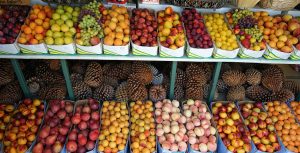
There are many health benefits of Vitamin P including anti-inflammatory abilities[7]. These amazing compounds are also known to be antioxidants, hepatoprotective, geroprotective (the progression of degenerative diseases), anti-diabetes, anticancer, cardioprotective, antimicrobial, and neuroprotective. Vitamin P can promote your overall wellbeing.
How Cancer Takes Place in Bodies?
It must be kept in mind that to understand the functioning of flavonoids in fighting cancer, we must first comprehend the dynamics of cancer.
In simple words, cancer is a disease that develops when cells divide uncontrollably and spread throughout the body. Often changes in the DNA are the cause of cancer. Moreover, researchers are also discovering that cancer is also a metabolic disease. The majority of cancer-causing DNA alterations take place in our genes. These modifications are also known as genetic modifications. Hence, when the body’s regular regulation mechanism fails, cancer develops. As mentioned above, Vitamin P can be found in white tea, green tea, oolong tea, black tea, apples, purple and red grapes, blueberries, and strawberries.
Role of Flavonoids in Fighting Cancer
Vitamin P play a critical role in combating these carcinogens, which ultimately turn into cancer. Long-term intake of a diet rich in fruits and vegetables lowers the risk of chronic diseases, including cancer. Flavonoids’ anticancer properties are linked to their ability to modulate signal transduction pathways within cancer cells (2).
Flavonoids can decrease cell growth, angiogenesis, and metastasis while simultaneously inducing apoptosis.
Epidemiological Studies Regarding the Role of Vitamin P in Fighting Cancer
Epidemiological studies have looked into whether Vitamin P in the diet can lessen the risk of acquiring various cancers. Meta-analyses of observational cohort and case-control studies, for example, reveal that high dietary flavonoid consumption can lower the incidence of malignancies of the aero-digestive tract, breast cancer, ovarian cancer, esophageal cancer, and colorectal cancer.
On research on lung cancer brought some serious findings to the limelight. A meta-analysis of 35 studies including over 1 million patients indicated that overall dietary flavonoid intake significantly reduced the chance of getting smoking-related cancer in the aero-digestive tract (3).
Similar research was conducted for patients who have breast cancer. Ingesting high quantities of flavonoids was linked to a significantly lower chance of developing breast cancer. The study was a meta-analysis consisting of over 190,000 participants with 12 trials. High flavonols and flavone intake were linked to a lower risk of breast cancer (4).
Another research was conducted for colorectal cancer. A meta-analysis of 12 trials involving over 750,000 individuals indicated that high flavonols, flavones, and anthocyanidins intake significantly reduced the incidence of colorectal cancer (5).
Considering all these insights, one might feel that the probability of developing cancer while having a diet rich in Vitamin P is quite low. However, it must also be kept in mind that another meta-analysis of 23 studies found no link between high flavonoid intake and esophageal, colorectal, or gastric cancer risk. Therefore, it is believed that the research with a conclusion remains mixed.
Will Vitamin P Reduce the Consumption of Cancerous Activity in the Body?
The weak evidence can confuse people in giving a final verdict on if Vitamin P could reduce the risk of developing cancer or not. In such ambiguity, it is essential to look for studies related to the reduction in risks of cancer using Vitamin P.
In patients with newly diagnosed acute myeloid leukemia, a recent study compared the addition of the flavonoid flavopiridol to cytarabine and mitoxantrone to cytarabine with daunorubicin. The study’s goal was to determine how many people were in complete remission following just one therapy cycle. Compared to the cytarabine/daunorubicin regimen, the flavonoid combination resulted in a higher full remission rate. As a result of these findings, a phase 3 experiment has been developed.
This explains that although Vitamin P is not clearly understood as a cancer-fighting agent, it is the best chance people have to eliminate the risk of cancer. Think about homeopathy, and it takes years to develop an immune system through homeopathic medication. Likewise, to attain health that can properly utilize the benefits of Vitamin P in fighting cancer, it is essential to have a long habit of consuming flavonoids in diet.
Dosage and Consumption of Flavonoids for Combating Cancer
Flavonoids do not have a Dietary Reference Intake (DRI) since they are not considered essential for human development. Flavonoids are naturally present in a diet rich in healthful, whole foods, contributing to excellent health.
While there is no risk of toxicity from the number of flavonoids routinely eaten through food, experts warn that high-dose supplements may pose a risk.
If you’re interested in trying a supplement, talk to your doctor first, especially if you’re pregnant or breastfeeding.
Final Thoughts
Flavonoids, “Vitamin P,” are likely to pose a positive impact on the human body along with fighting cancer. However, metabolism and other factors may restrict flavonoids’ positive benefits on the human body. Eat a variety of plant foods to gain the potential advantages of flavonoids. Supplements are also available, but they should only be taken after checking with a physician. Vitamin P, can help keep your blood vessels healthy, serve as an antioxidant to neutralize free radicals, and are effectively use as pain relievers as bioflavonoids. Vitamin P deficiency can result in bruising and varicose veins among other. Introduce this powerful phytonutrient into your diet today.
References
- Panche, A. N., A. D. Diwan, and S. R. Chandra. “Flavonoids: an overview.” Journal of nutritional science5 (2016).
- Khan, Azhar U., et al. “Therapeutic role of flavonoids and flavones in cancer prevention: Current trends and future perspectives.” European Journal of Medicinal Chemistry Reports(2021): 100010.
- Woo, Hae Dong, and Jeongseon Kim. “Dietary flavonoid intake and smoking-related cancer risk: a meta-analysis.” PloS one9 (2013): e75604.
- Hui, Chang, et al. “Flavonoids, flavonoid subclasses and breast cancer risk: a meta-analysis of epidemiologic studies.” PloS one1 (2013): e54318.
- Hua, Xiaoli, et al. “Association among dietary flavonoids, flavonoid subclasses and ovarian cancer risk: a meta-analysis.” PLoS One3 (2016): e0151134.
- https://lpi.oregonstate.edu/mic/dietary-factors/phytochemicals/flavonoids
- https://www.ncbi.nlm.nih.gov/pmc/articles/PMC7211351/


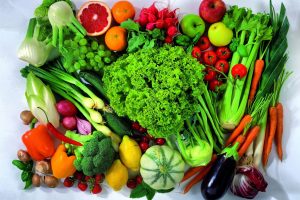

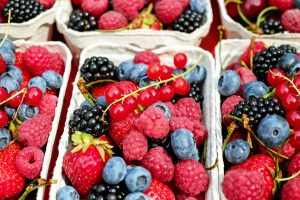

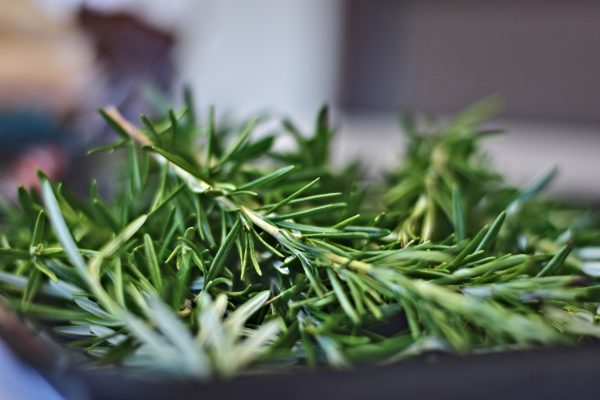
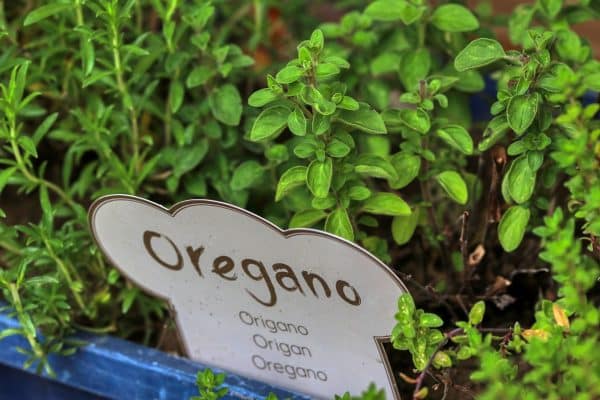

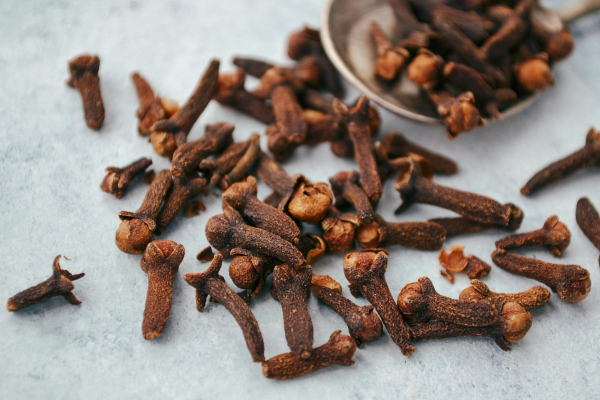
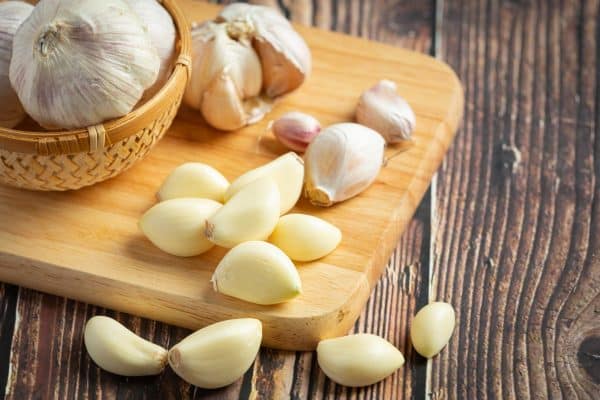


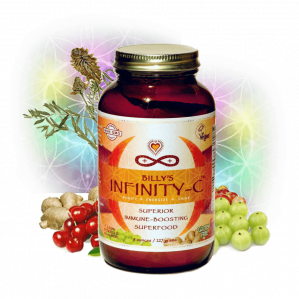
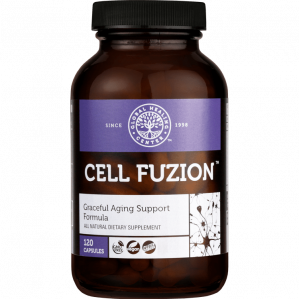
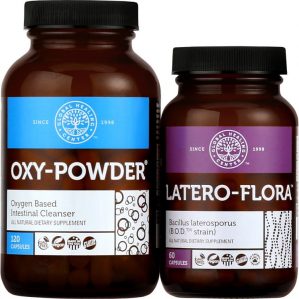
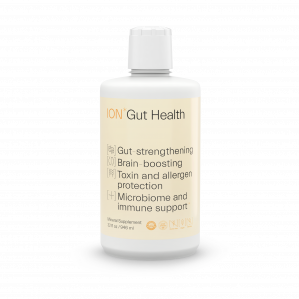











4 Comments
[…] or quercitin, a natural flavonoid found in various fruits, vegetables, and plants, has gained considerable attention for its […]
[…] Moringa has antioxidant properties, which means it can fight free radical6 damage. Free radicals are unstable atoms that damage cells that lead to illness and aging. Studies have connected the particles to several conditions, including: […]
[…] Catechins are a powerful class of antioxidants responsible for tea’s characteristic bitterness, whereas amino acids add a sweet flavor. The deep umami flavor of matcha comes from its delicate balance of both sweet and bitter flavors, which gives it a bold earthy aroma and a highly adaptive, nuanced taste. […]
[…] <<Learn How To Prevent Cancer Naturally>> […]